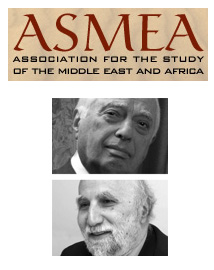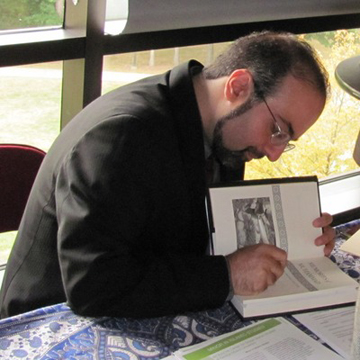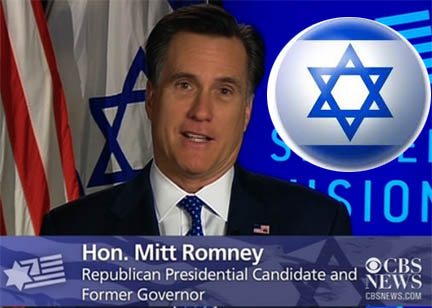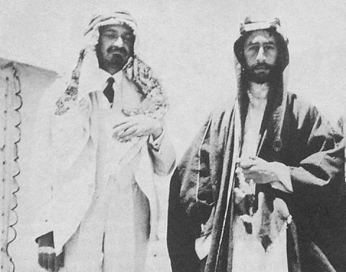
The primary international professional association of scholars who study the Middle East is MESA, the Middle East Studies Association. If you go to the main website, you will read:
The Middle East Studies Association (MESA) is a private, non-profit, non-political learned society that brings together scholars, educators and those interested in the study of the region from all over the world. From its inception in 1966 with 50 founding members, MESA has increased its membership to more than 3,000 and now serves as an umbrella organization for more than sixty institutional members and thirty-nine affiliated organizations. The association is a constituent society of the American Council of Learned Societies, the National Council of Area Studies Associations, and a member of the National Humanities Alliance.
Members of MESA receive two journals, the flagship International Journal of Middle East Studies and the revamped Review of Middle East Studies. Each year MESA holds an annual convention, this year in Denver. As noted, the association is non-political and contains members with widely divergent views on the controversial political and religious issues in the Middle East and North Africa.
So, why, you might wonder, is there a rival organization known as ASMEA, The Association for the Study of the Middle East and Africa, with its own journal housed with Taylor and Francis? Ah, politics. The founding fathers of the association are Bernard Lewis and Fouad Ajami, who appear to have joined forces primarily because of a common distaste for the work of Edward Said and their unfailing attraction to the intelligence community. The welcome message suggests that ASMEA is filling a gap:
ASMEA is a new academic society dedicated to promoting the highest standards of research and teaching in Middle Eastern and African studies, and related fields. It is a response to the mounting interest in these increasingly inter-related fields, and the absence of any single group addressing them in a comprehensive, multi-disciplinary fashion.
Like MESA, it claims to be non-partisan, although it is hard to explain why having only one point of view constitutes being non-partisan. It is obvious that scholars, like everyone else, will have differing opinions about issues like Palestinian statehood, inflammatory religious rhetoric, gender and a variety of issues that call for better understanding through dialogue among scholars. But ASMEA is monologue on top of being superficially trite. The claims for the “highest standards of research†are laughable, given the contents of its journal. For example,the most recent issue contains one book review. The chosen book is Rock the Casbah: Rage and Rebellion across the Islamic World by Robin Wright. The author of the book is a reporter, well-traveled (140 countries and counting) and with a prolific presence on all the media. With due respect to the importance of journalism in a free society, Ms. Wright is not an academic scholar; nor has her book been published through the peer review vetting of an academic press. I am not concerned with the value of her book, but it is the kind of book that routinely gets reviewed in major media outlets and rarely in academic journals. Is this the only book that ASMEA could find worth reviewing? [Update: In my original post I misidentified Stephen A. Emerson as Stephen Emerson, an unabashed partisan who sees jihadist terror behind every Islamic-looking bush.] Continue reading ASMEA: ASinine and MEAn

 Children hold an Israeli flag in the Jewish settlement of Itamar on the West Bank; Photo by Rina Castelnuovo, The New York Times
Children hold an Israeli flag in the Jewish settlement of Itamar on the West Bank; Photo by Rina Castelnuovo, The New York Times


